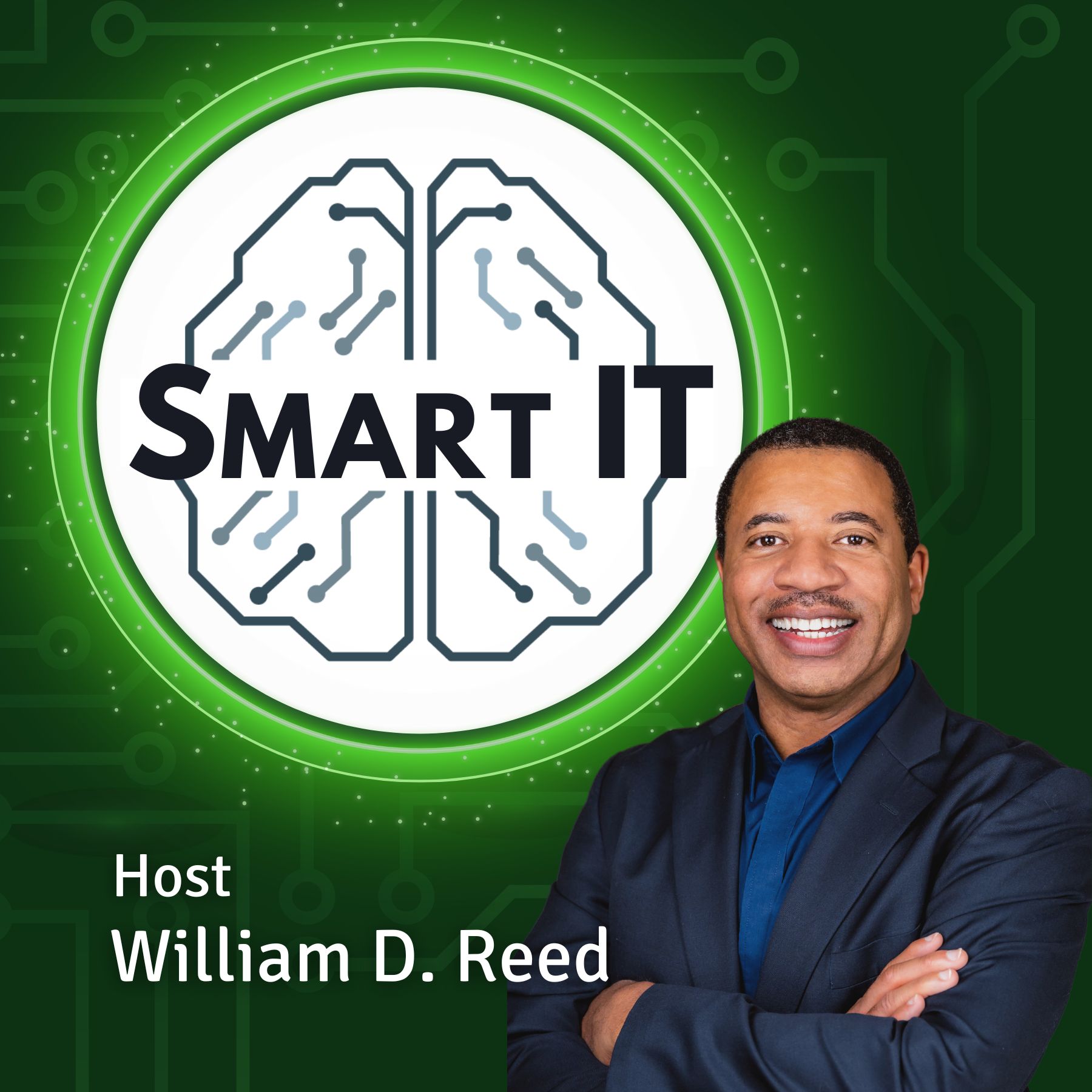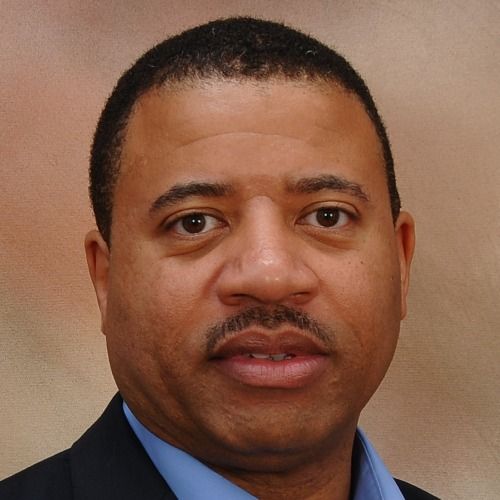Episode 40
The Future of Software Development
On this episode of the Smart IT Podcast, I welcomed Eknauth Persaud from Ayoka Systems to the show to chat about the future of software development. We explored the evolving landscape of software development, the impact and role of AI, and the human experience of using technology.
Eknauth shared a forward-looking perspective on how technology should enhance human relationships and user experiences. We discussed developers shifting roles, and the need to reimagine both technology and human roles to deliver better, more meaningful outcomes. We talked about the difference between automation for cost savings versus innovation for growth. We explored real world examples from healthcare and retail.
Eknauth explained the DCM model (Discern, Construct, Manage) as a foundational framework for building more intentional, human-centered solutions. It is a timeless framework that can be used in help building useful technology solutions, emphasizing that the declining cost of software development can help bring the focus back to discerning user intent.
🔑 Key Takeaways
- DCM Model: The Discern → Construct → Manage cycle. With AI and automation lowering development costs, discernment (intent and purpose) becomes even more critical.
- DCM model:
→ Discern the intent
→ Construct with purpose
→ Manage for lasting value
- Commander's Intent: Originating from military strategy, this concept stresses the importance of understanding the higher purpose behind initiatives to avoid misalignment in outcomes. Technologist can leverage this in their efforts to maintain alignment with their organizations.
- Human-Centered Technology:
- The best tech enhances human relationships.
- Tech shouldn't create friction; it should make experiences (like dining, shopping, healthcare) smoother and more personal. Tech as a tool to reduce friction, not add to it.
- Businesses should reimagine job roles (e.g., cashiers as experience enhancers).
- AI's Role:
- It's not a replacement but an augmentation tool.
- Helps surface better questions, not just provide answers.
- Useful for complex tasks like analyzing contracts or medical trends, with human judgment for effectiveness.
- Reimagining the Developer Role:
- Future developers must be curious, business-savvy, and human-focused.
- How developers must shift toward systems thinking and business empathy
- Coding becomes a tool for prototyping and understanding user needs.
- Entry-level roles may diminish, but demand for sophisticated, systems-thinking developers will grow.
- A/B Testing Human Experience vs. Tech Efficiency:
- Organizations should experiment with AI-first models vs. human-centric models to find optimal balance.
- Physical presence, like receptionists and frontline workers, may still be preferred in certain industries.
- Rethinking Maintenance as Management:
- Focus not just on keeping systems running, but on continuously adding value and improving user experience.
#smartIT #AI #SoftwareDevelopment #HumanCenteredDesign #Leadership #Innovation #ITStrategy #DigitalTransformation
Link to this episode: https://youtu.be/jhq6OOkajZs
Production: @Brilliant Beam Media @Syya Yasotornrat
Show notes:
- Link to this episode: https://youtu.be/jhq6OOkajZs
- Eknauth on LinkedIn: https://www.linkedin.com/in/eknauth/
- Ayoka Systems: https://ayokasystems.com/
- Get out of Jail Software (Rent My Software): https://rentmysoftware.com/
- The Mouse Software: https://themousesoftware.com/use-cases/

